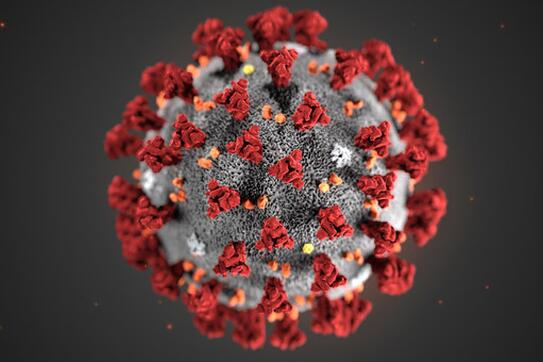NEW YORK – Governments at all levels around the world are drafting or implementing plans to reopen. But in doing so, they have to weigh two tough options: Reopen businesses at the risk of causing new spikes in cases and deaths or extend existing lockdowns at the expense of their economic futures. Until very recently, state and local governments almost unanimously chose the latter. However, new research from Columbia Business School’s Assistant Professor of Business Kairong Xiao suggests that there may be a third option.
Analyzing economic indicators and daily COVID-19 cases in China– the first country to face an outbreak – Xiao argues that the use of big data technology successfully removes this hard tradeoff between human casualties and economic costs. This study explores the staggered implementation of contact-tracing apps called "health code" in 322 Chinese cities during the COVID-19 pandemic. Using high-frequency variations in population movements and greenhouse emission across cities, the study finds that cities that adopt health code experience a significant increase in economic activities without suffering from higher infection rates. In fact, big data technology created an economic value of 0.5%-0.75% of China’s GDP during this period.
Contact-tracing apps are not without their own trade-offs as Xiao brings attention to the concerns of privacy advocates, including access to personal information. With Google and Apple issuing a joint privacy preserving statement following the launch of their apps in the US market, the potential loss of privacy at the expense of health and economic recovery, is still high on the minds of the American public. While their opt-in is critical, the efficiency and benefits to the public health and economic recovery by using this technology is no longer up for debate.
The study, Saving Lives versus Saving Livelihoods: Can Big Data Technology Solve the Pandemic Dilemma? is available online here.
###


